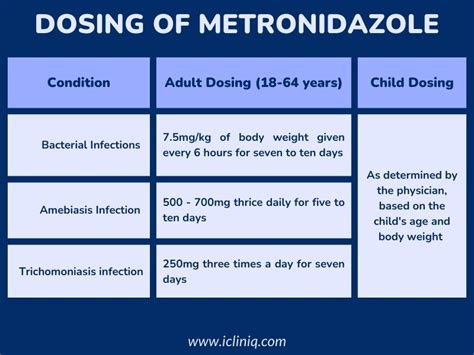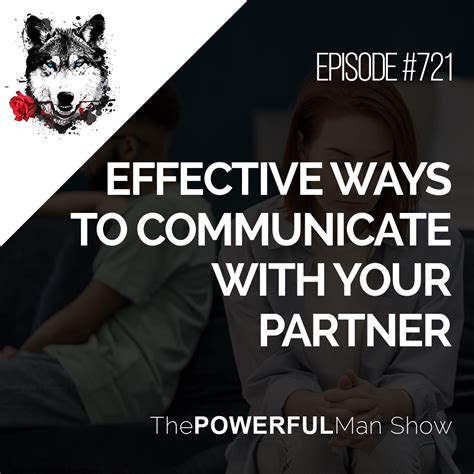Conflicts are an inevitable part of any close relationship. Far from being a sign of trouble, how you choose to navigate these disagreements can actually determine the strength and longevity of your partnership. Strategic conflict navigation isn’t about avoiding arguments; it’s about transforming them into opportunities for deeper understanding, enhanced intimacy, and a more resilient bond.
The Inevitable Dance: Why Conflicts Arise
Conflicts often stem from differing perspectives, unmet expectations, or underlying emotional needs. What one partner perceives as a minor issue, the other might view as a fundamental breach of trust. External stressors, fatigue, and individual communication styles further complicate these interactions. Recognizing that these clashes are a natural byproduct of two distinct individuals sharing a life is the first step toward approaching them constructively.
Shifting Your Mindset: From Adversaries to Allies
The most crucial shift in strategic conflict resolution is viewing your partner not as an adversary, but as a teammate with whom you are trying to solve a common problem. Instead of asking, “Who is right?” ask, “What is the problem we are facing, and how can we solve it together?” This reframe fosters a spirit of collaboration and mutual respect, laying the groundwork for productive dialogue.

Preparation is Key: Before the Storm Breaks
Self-Awareness: Know Your Triggers
Before engaging in a difficult conversation, take a moment to understand your own emotional state. What are your triggers? How do you typically react under stress? Recognizing your patterns allows you to better manage your impulses and communicate more effectively, rather than react defensively. A calm, collected approach, even when challenging, is always more productive.
Choose Your Moment Wisely
Timing and setting are critical. Avoid discussing major conflicts when one or both of you are tired, hungry, stressed, or in a public place. Find a time when you can both give the conversation your full, undivided attention in a comfortable, private environment. Sometimes, a planned discussion can be more effective than a spontaneous, heated argument.

Effective Communication During Conflict
Start with “I” Statements
When expressing your feelings, focus on “I” statements rather than accusatory “You” statements. For example, instead of saying, “You always make me feel unheard,” try “I feel unheard when our conversations get interrupted.” This takes the focus off blame and puts it on your experience, making it easier for your partner to listen without becoming defensive.
Practice Active Listening
Active listening means truly hearing and understanding your partner’s perspective, not just waiting for your turn to speak. Paraphrase what you’ve heard to ensure clarity (“So, what I hear you saying is…”) and validate their feelings, even if you don’t agree with their viewpoint (“I can understand why you would feel frustrated by that.”).

Take a Break When Needed
If the conversation becomes too heated or emotionally charged, agree to take a break. Stepping away for 20-30 minutes (or longer, if needed) to cool down can prevent escalation and allow both partners to regain composure. The key is to agree on a time to reconvene, ensuring the issue is addressed and not simply avoided.
Finding Resolution and Moving Forward
Focus on Solutions, Not Blame
Once both partners have expressed their feelings and been heard, shift the focus to problem-solving. Brainstorm solutions together, even if they’re not perfect. The goal is to find common ground and a path forward that respects both individuals’ needs and feelings. Be willing to compromise and prioritize the health of the relationship over being “right.”

Forgiveness and Reconnection
After a conflict is resolved, it’s essential to let go of residual anger or resentment. Forgiveness isn’t about condoning harmful behavior, but about releasing yourself from the burden of anger and allowing the relationship to heal. Reconnect through affection, shared activities, and by reaffirming your commitment to each other, reinforcing the bond that was tested.
Long-Term Benefits of Strategic Conflict Navigation
When approached strategically, conflicts can become catalysts for profound growth. Successfully navigating disagreements builds trust, deepens intimacy, and enhances your collective problem-solving skills. It teaches you about your partner’s inner world, strengthens your emotional intelligence, and demonstrates your commitment to the partnership’s well-being. Over time, this creates a stronger, more resilient foundation capable of weathering any storm.

Strategic conflict navigation is a skill that takes practice, patience, and a genuine commitment to your partnership. By adopting a collaborative mindset, improving your communication techniques, and focusing on resolution, you can transform inevitable disagreements into powerful opportunities to forge an even stronger, more loving, and enduring bond.




